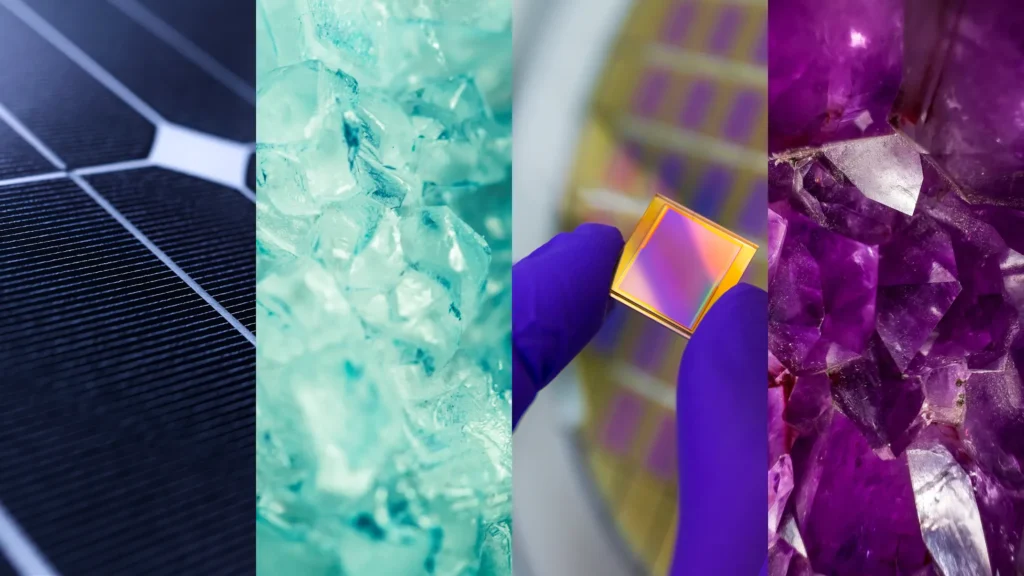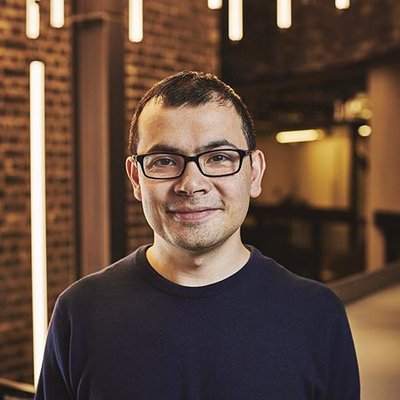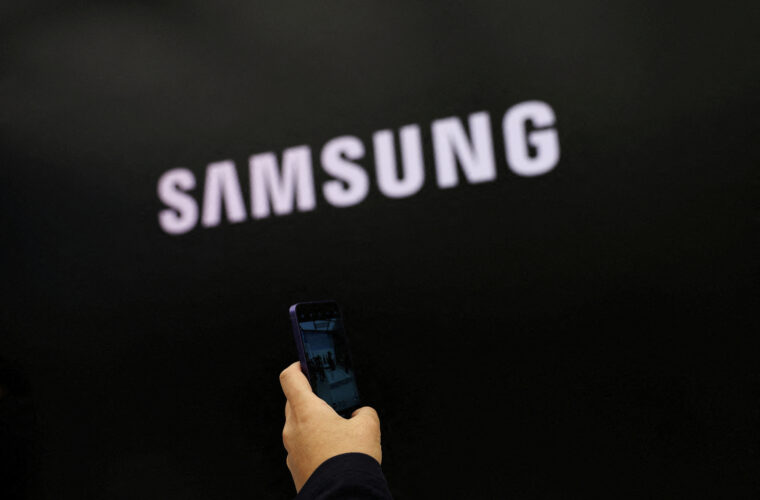During the days of the Mobile World Congress in Barcelona, I had the opportunity to listen to Demis Hassabis, co-founder of DeepMind, one of the most well-known and influential companies focused on the development of artificial intelligence. Together with Shane Legg and Mustafa Suleyman, Hassabis created a lab in London in 2010, devising an AI trained with video games, capable a few years later of emerging as the AlphaGo programme and beating the world champion of Go, Lee Sedol. Meanwhile 2014, Google decided to acquire DeepMind to have its own AI, shelling out between $400 and $650 million to burn off competition from Facebook.
Today, together with OpenAI, Google DeepMind is a benchmark for understanding the state of generative artificial intelligence and the development of Artificial General Intelligence (AGI), characterised by human-like cognitive capabilities and the ability to learn from different experiences to perform any intellectual task.
On stage at the Catalan fair, Hassabis was interviewed by Wired journalist Steven Levy to take stock of the present and future of AI, starting with AGI. “It seems clear that it will be a gradual process rather than a sharp transition, because AI systems are growing enormously in power, thanks to the computational capacity, techniques, and data used.”
This opens up interesting but unpredictable horizons, as the rapid pace of change could lead to the integration and refinement of AI solutions of the ability to plan and remember, the lack of which limits the scope of current systems. “However, I believe that we do not have to wait for AGI because these technologies can already do something very useful in everyday life.
DeepMind’s major achievements
There is no doubt that DeepMind‘s AI has already made significant contributions to improving our world, not least because we are not talking about activities restricted to the utility of individuals, such as summarising a meeting or automatically writing an email. Here, we talk about discovering the three-dimensional structure of proteins, as happened in 2018 with AlphaFord, and the more recent discovery of 381,000 new stable materials, as happened last year with GNoME.

These milestones probably say little to those not steeped in the subject, but in the first case, we are talking about the model used to map almost 200 million proteins. And we are talking about a system that DeepMind developed in a year.
As for the future, Hassabis aims to repeat the feat by exploiting AI to discover new drugs. In 2021, Alphabet, the holding company encompassing Google and all its companies, set up Isomorphic Labs and struck a deal with pharmaceutical giants Novartis and Eli Lilly. DeepMind aims to bring currently unknown drugs into clinics within two years. “I hope that the drug discovery and testing process will be reduced from the current 10 years to a few months so that we will have the remedy to cure diseases that are terrible today.
In a sector that runs very fast, the AI models and the devices to make the best use of them will change: ‘Who knows if, in five years, the smartphone will still be the ideal form factor? We will probably need glasses, visors, and other objects to allow AI to see and know more about the context in which it is acting to guarantee more effective results to improve our everyday lives.


Why we should care about AI
Unlike other interlocutors, Hassabis’s impression was positive because, in addition to being concerned with selling his product, his was a wide-ranging analysis, not without caution, which we will necessarily have to resort to if we are not to be overwhelmed by the power of a technology whose potential drifts we have so far only glimpsed.
“We know that many people and many companies want to develop and directly control what they do with AI, but the issue of harmful use remains a priority, even though being a young technology for now, there are no problems. In 3-4 years, we will have to start seriously worrying because AI will be powerful and able to plan and perform actions in the real world.” Clear words to keep in mind so as not to be found unprepared.



